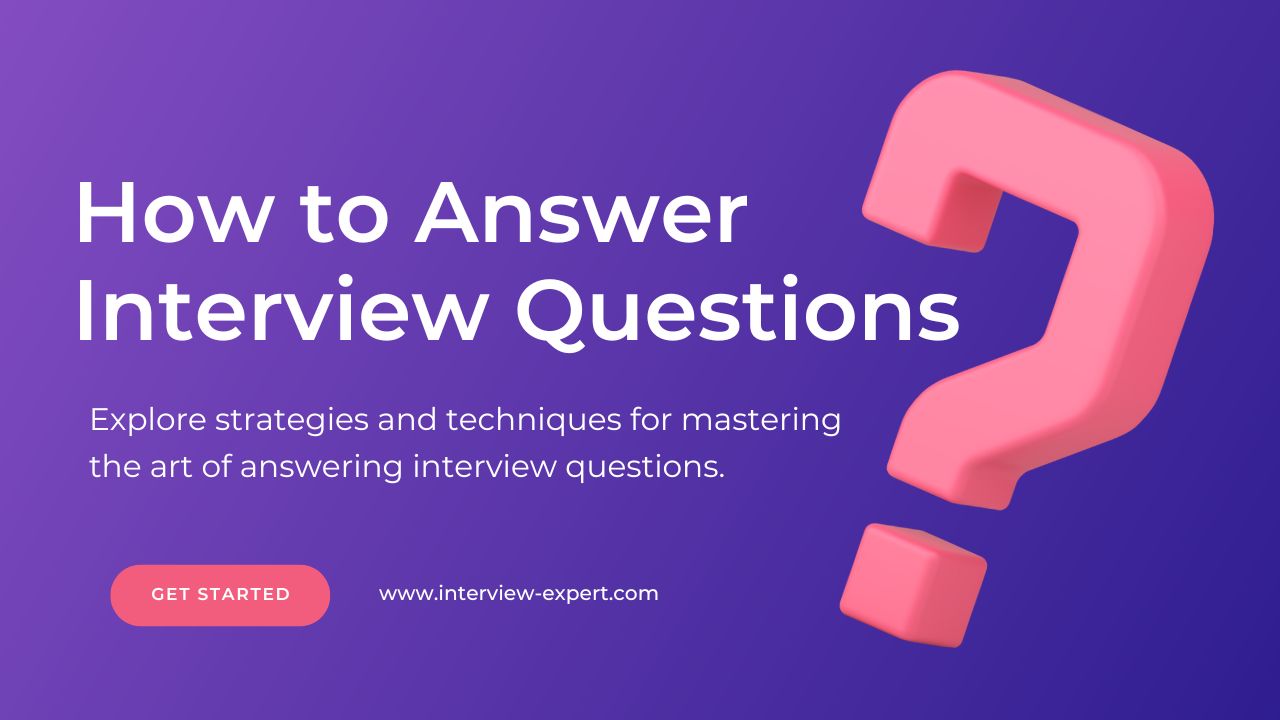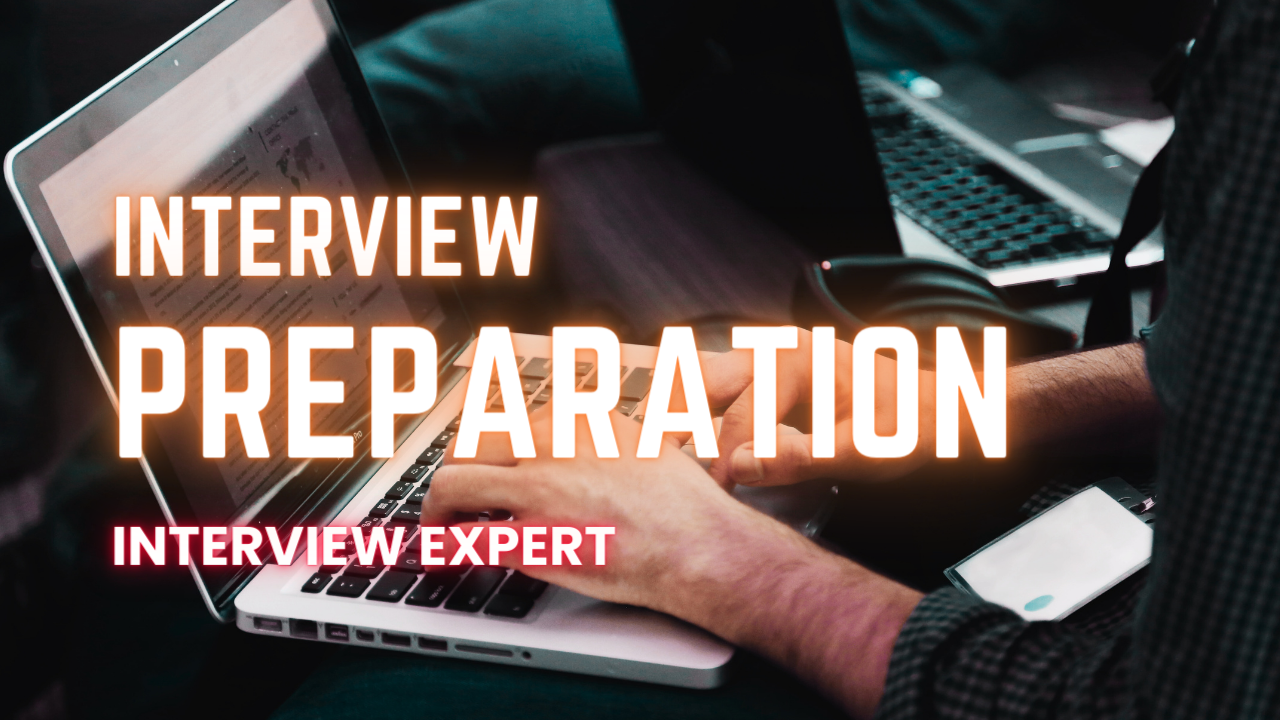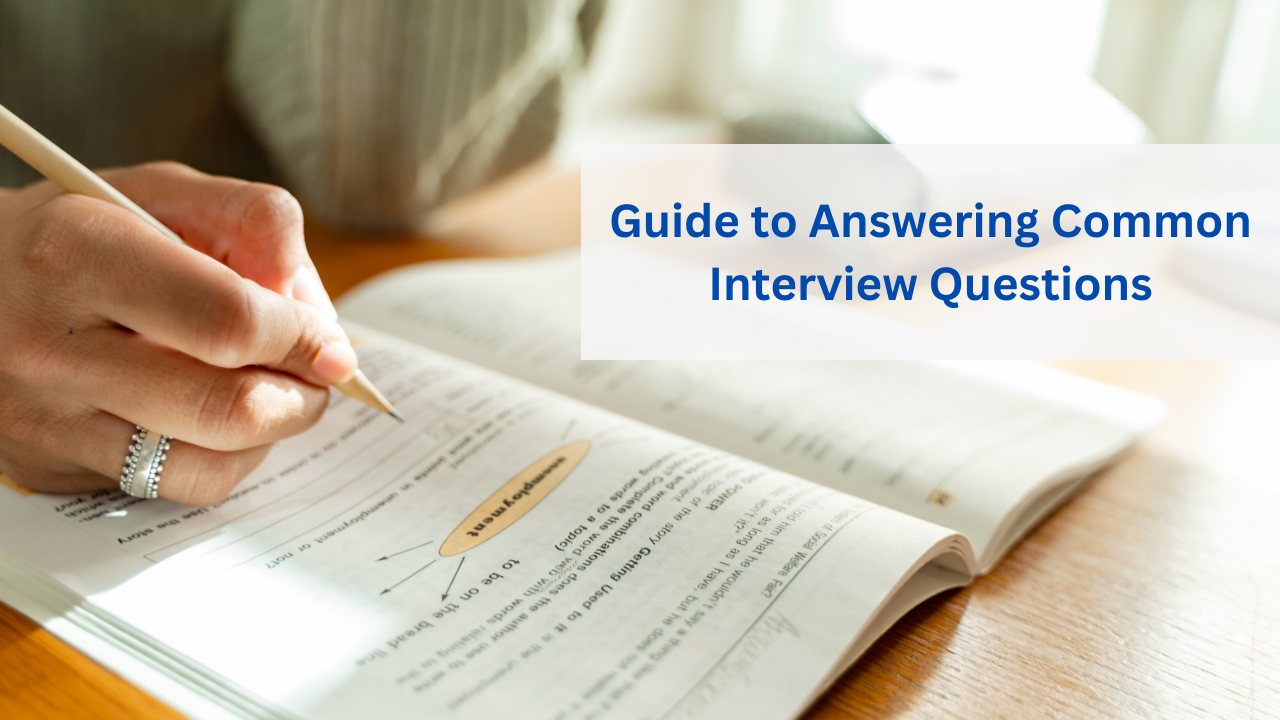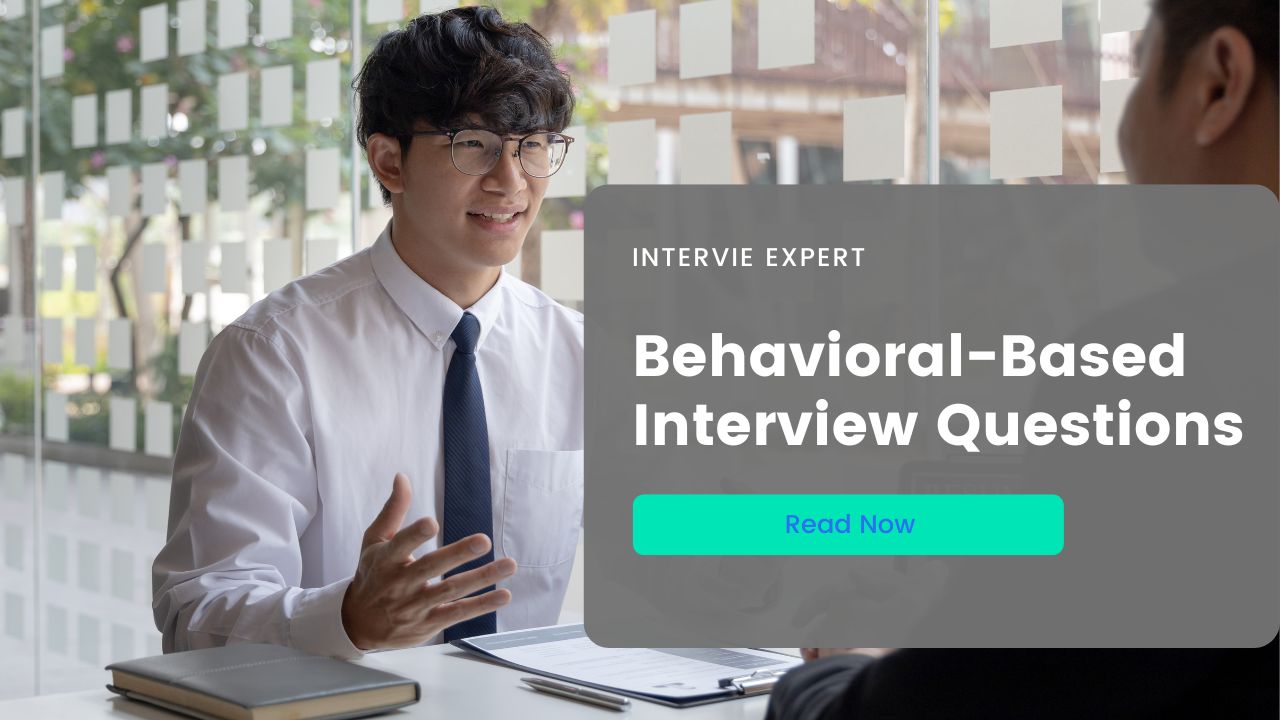
Job interviews are crucial moments in one’s career journey, allowing candidates to showcase their skills, experiences, and personality. Among the various interview techniques, behavioral based interviews have gained popularity for their effectiveness in predicting future job performance. This article will explore strategies to navigate and excel in discussing behavioral based interview questions during a job interview.
Behavioral based interview questions focus on past behavior as an indicator of future performance. Instead of hypothetical questions, candidates are asked to provide specific examples of how they have handled situations in the past. These interviews assess vital competencies such as problem-solving, communication, teamwork, leadership, and adaptability. Interview skills are learned and best practiced.
Before the interview, identify critical competencies relevant to the position and reflect on your past experiences demonstrating these skills. Develop a list of STAR (Situation, Task, Action, Result) stories to illustrate your abilities. This preparation will boost your confidence and ensure you have compelling examples to share.
Pay close attention to the questions during the interview. Employers are interested in specific instances where you exhibited certain behaviors. Answer each question thoughtfully, ensuring your responses are relevant to the assessed competencies.
Use the STAR method to structure your answers. Begin by describing the situation or task, outline your actions, and conclude with the results of your actions. This structured approach helps you provide a comprehensive and organized response.
Emphasize positive outcomes whenever possible. Employers are not just interested in challenges; they want to know how you contributed to achieving positive results. Quantify your achievements when applicable and showcase your impact.
Authenticity is critical in behavioral based interview questions. Be honest about your experiences, including the challenges you faced. Employers value authenticity and are more likely to connect with candidates who share genuine stories.
Demonstrate versatility by drawing on various experiences. Use examples from different roles or projects to showcase your ability to adapt to multiple situations. This diversity of experiences will highlight your versatility and problem-solving skills.
In today’s competitive job market, candidates need more than just a polished resume to stand out. Employers seek individuals with diverse skill sets and experiences demonstrating adaptability and versatility.
Before the interview, thoroughly analyze the job description and identify the critical competencies required. This will help you tailor your responses to highlight experiences that align with the specific needs of the role.
Recognize the transferable skills you possess. Many skills, such as communication, problem-solving, and leadership, are applicable across various roles and industries. Be prepared to discuss how these skills have contributed to your success in different contexts.
Develop a skills matrix that showcases your expertise in different areas. This visual representation can be a powerful tool during the interview, allowing you to illustrate your proficiency in various skills and competencies.
Your resume is a snapshot of your professional journey. Ensure that it reflects diverse experiences, emphasizing roles and projects that demonstrate your adaptability. Tailor your resume for each job application to highlight the most relevant experiences.
When discussing experiences during the interview, utilize the STAR method (Situation, Task, Action, Result) to structure your responses. This approach helps you provide a comprehensive overview of your achievements, making it easier for interviewers to understand the impact of your actions. The best answer for interview questions is often from using the STAR method.
Showcase experiences from various roles and industries to emphasize your ability to thrive in different environments. Discussing the challenges you faced and how you navigated them in other contexts demonstrates your resilience and problem-solving skills.
Whenever possible, quantify your achievements. Numbers and metrics add credibility to your stories and provide tangible evidence of your impact. Whether it’s increasing revenue, improving efficiency, or leading a successful project, numbers help quantify your success.
Emphasize experiences that involve a steep learning curve. Discuss how you tackled new challenges, acquired new skills, and adapted to unfamiliar environments. Employers value candidates who are eager to learn and can quickly adapt to evolving situations.
Craft engaging narratives around your experiences. Share stories that highlight your skills and captivate the interviewer’s attention. A well-told story leaves a lasting impression and makes you more memorable to the hiring team.
During the interview, explicitly connect your experiences to the company’s needs. Demonstrate how your diverse background positions you as the ideal candidate to contribute to the organization’s goals and address specific challenges.
Conduct mock interviews with a friend or mentor to practice articulating your responses. This practice will help you refine your storytelling skills and enhance your ability to communicate effectively during the actual interview. Perfecting your interview skills can help you throughout your interviewing process.
Securing a job interview is a significant step in the job-seeking process, and while having a solid resume is crucial, preparation for the interview itself is equally important. Practicing for a job interview is critical to confidently, articulately, and effectively presenting yourself. This blog will explore the importance of practicing for a job interview and how it can significantly impact your chances of success. Often the best answer for interview questions, results in non-verbal actions.
One of the primary benefits of practicing for a job interview is the boost in confidence it provides. Confidence is a critical factor that interviewers look for in candidates. Rehearsing responses to common questions and scenarios makes you more comfortable discussing your experiences and qualifications, leading to a more confident and compelling interview performance.
Effective communication is a critical skill in the professional world. Practicing for a job interview allows you to refine your articulation and express your thoughts clearly. This includes practicing concise and impactful responses to common questions, ensuring you effectively communicate your strengths and experiences. Behavioral based interview questions help to refine your answers to past performance that potentially reflects future experience.
Job interviews often include standard questions about your background, strengths, weaknesses, and experiences. Practicing responses to these common questions helps you develop well-thought-out answers in advance. This familiarity reduces the likelihood of being caught off guard and allows you to respond confidently to expected inquiries.
Interview time is limited, and conveying relevant information efficiently is crucial. Practicing for a job interview helps you manage your time effectively, ensuring you cover key points without becoming long-winded. This skill is essential in demonstrating your ability to communicate succinctly and professionally.
Non-verbal communication, including body language and facial expressions, plays a significant role in interviews. Practicing for a job interview lets you pay attention to your non-verbal cues, ensuring you project a positive and confident image. This includes maintaining eye contact, using appropriate gestures, and being engaged and attentive. Sometimes the best answer for interview questions are non-verbal.
Interviews can take various formats, such as behavioral, situational, or competency-based. Practicing for a job interview helps you adjust to different formats and prepares you for various questioning styles. This adaptability is critical to showcasing your versatility and readiness for diverse professional challenges.
Through practice, you may identify areas where you can improve your responses or address potential weaknesses. This self-awareness allows you to proactively work on refining certain aspects of your interview performance, ensuring you present the best possible version of yourself. The best possible version of yourself includes the best answer for interview questions. By perfecting your interviewing skills, you will be able to discuss areas for improvement in a productive manner.
Job interviews can be nerve-wracking experiences. Practicing beforehand helps reduce anxiety by familiarizing yourself with the interview process and potential questions. The more you practice, the more at ease you will feel, enabling you to focus on presenting your qualifications and engaging with the interviewer.
Behavioral based interviews often allow candidates to ask questions. Take advantage of this opportunity to inquire about the company’s culture, values, and expectations. This demonstrates your genuine interest in the role and organization.
Preparation is the key to success in the competitive landscape of job interviews. Practicing for a job interview boosts your confidence, refines your communication skills, enhances your non-verbal cues, and prepares you for various interview formats. Ultimately, the investment in practice pays off by increasing your chances of leaving a positive and lasting impression on the hiring team. Remember, a well-prepared candidate is confident, and confidence is often the deciding factor in a successful job interview. The best answer for interview questions directly equates to preparation. Perfecting your interviewing skills will help you to feel more confident about your non-verbal cues.
Showcasing a variety of experiences in a job interview is a strategic approach to positioning yourself as a well-rounded and adaptable candidate. By understanding the job requirements, emphasizing transferable skills, and telling compelling stories, you can demonstrate your ability to thrive in diverse professional settings. Remember to be authentic, confident, and proactive in illustrating how your diverse experiences make you an invaluable asset to the prospective employer.
Successfully discussing behavioral topics during a job interview requires thorough preparation, active listening, and articulating your experiences using the STAR method. By showcasing your skills and achievements through specific examples, you can make a lasting impression on interviewers and increase your chances of landing the job. Remember to stay authentic, stay positive, and let your past behaviors speak volumes about your future success in the role. Often a best answer for interview questions derives from behavioral based interview questions.

10 hours ago, admin

6 days ago, admin

1 week ago, admin

2 weeks ago, admin

2 weeks ago, admin